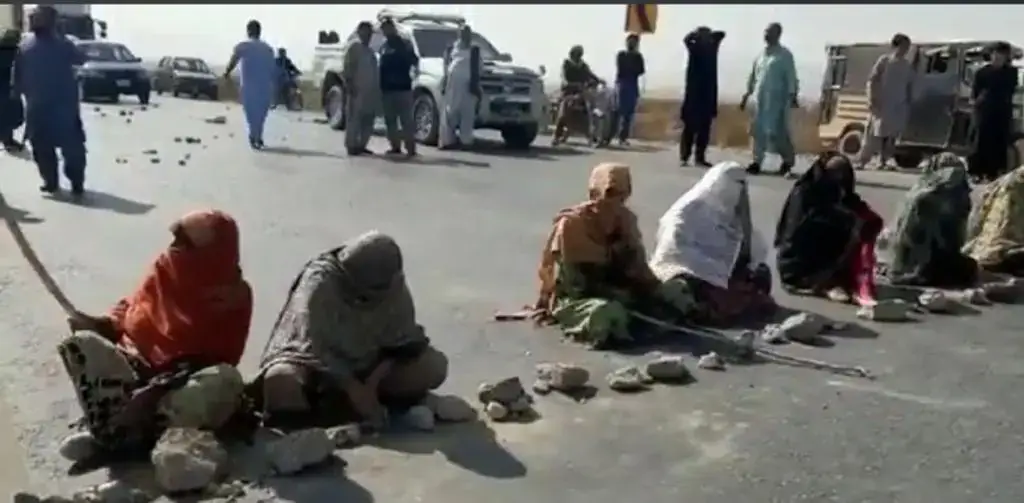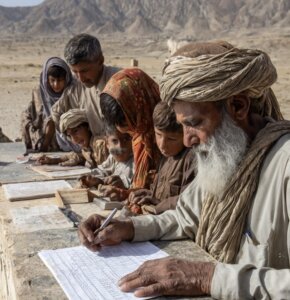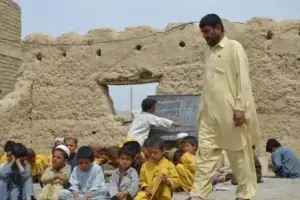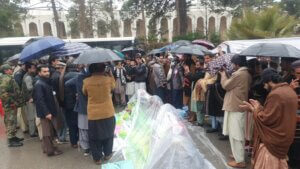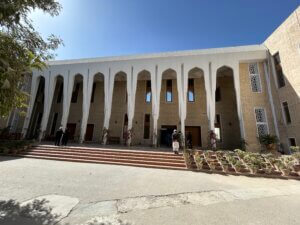Editorial:
Quetta is once again at the mercy of a winter crisis that has become all too familiar: low gas pressure, unannounced load shedding, and complete administrative silence. Every year, citizens are told to “bear with the situation” as temperatures fall and heaters, stoves, and geysers turn useless. Yet the authorities responsible — Sui Southern Gas Company (SSGC) and the federal energy managers — continue to operate without accountability.
A City Freezing While Authorities Look Away
The people of Balochistan are right to ask: Why must Quetta suffer the same crisis every winter while no structural reform is introduced? Why are consumers forced to pay heavy bills for a service that barely exists? And why do officials in Karachi and Islamabad continue to treat Balochistan’s gas issues as a seasonal inconvenience rather than a governance failure?
Despite Balochistan being an energy-producing region, its residents struggle every winter for the very resource extracted from their own soil. This contradiction reflects a deep-rooted policy imbalance in the federation, where Balochistan remains last on the priority list — not because of a shortage of resources, but because of a shortage of political will.
SSGC’s Repeated Excuses and Decades of Mismanagement
The SSGC’s performance adds another layer of frustration. Each year, the company offers the same explanations — “excessive demand,” “pipeline pressure issues,” “technical challenges.” Yet no one explains why these problems remain unresolved despite decades of complaints. Why have there been no significant infrastructure upgrades? Why has the company failed to introduce a clear winter management plan for Quetta? Why is communication with consumers absent?
The unannounced nature of the load shedding exposes a complete disregard for public convenience. When outages are not scheduled or announced, families cannot plan meals, heating, or even basic daily routines. Hospitals and clinics struggle to maintain warm environments for patients. Small businesses suffer. And in a city where temperatures can drop below freezing, such negligence is not just inconvenient — it is dangerous.
Federal Government’s Weak Oversight and Balochistan’s Low Priority
The federal government cannot escape responsibility either. Energy management is a national issue, and the pattern of winter mismanagement in Balochistan reflects weak oversight, poor planning, and an unfair allocation of resources. The silence of policymakers during these crises sends a clear message: Quetta’s suffering is not a priority.
What Quetta needs is not another round of hollow statements. It needs a transparent winter gas plan, proper infrastructure investment, honest communication with the public, and real accountability for SSGC. Most importantly, it needs the federal government to finally treat Balochistan as an equal stakeholder in national resource management.
The people of Quetta have endured enough. Their patience should not be mistaken for acceptance. Without decisive action, this recurring winter crisis will continue to expose not only the inefficiencies of SSGC but also the federal government’s unwillingness to address long-standing injustices.
